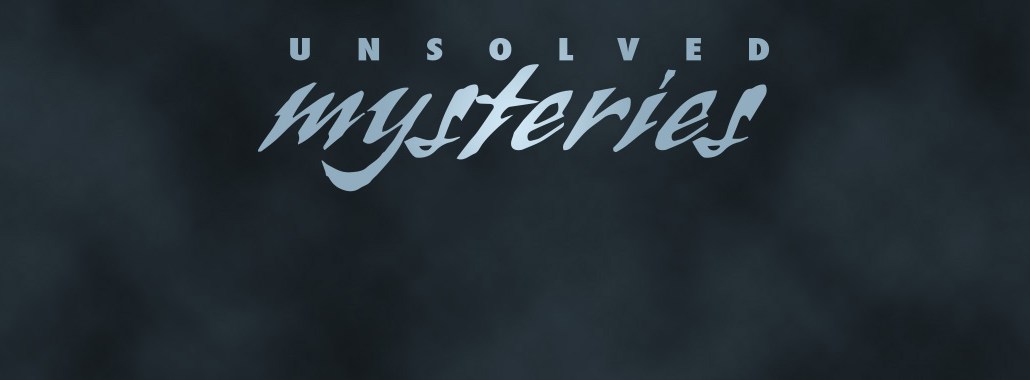Save 50% on a 3-month Digiday+ membership. Ends Dec 5.

Hashtags are ubiquitous features of social platforms from Twitter to Facebook to Instagram, but they’re unique in that they’re controlled by users — to an extent.
In some cases, platforms step in when hashtags violate what the platforms deem to be their community norms. Last week, for instance, Instagram removed the hashtag #curvy from search results on the grounds that it “was being used to share content that violates our guidelines around nudity.”
Perhaps, but what amounts to a ban and how it is enforced varies across platforms — and even platforms own policies are inconsistent. A primer below.
Why do platforms move against hashtags?
The reasons vary — and some on the outside see different motives than the platforms claim. For instance, Instagram’s move against #curvy was seen by some plus-size bloggers burst into rage because while #curvy has been banned, others such as #skinny, #fat and #thin are still searchable hashtags.
“It does seem a little arbitrary sometimes,” said Andrew Cunningham, social lead at Huge. “But it can be likened to how a police department would monitor dangerous corners of a rough neighborhood. They have to maintain a safe environment.”
So can hashtags get banned?
No, not really. In the case of Instagram, typing in #curvy will instead suggest a number of other similar hashtags like #curvygirl and #curvyfit. Twitter doesn’t ban hashtags either. According to a Twitter spokesperson, its trust and safety team reviews all content reported by users and takes action if the content violates those rules. Twitter doesn’t disable searches on hashtags or hashtags themselves. Pinterest also monitors hashtags, on the basis of its acceptable use policy, but doesn’t take any action to hide the hashtags. Basically, all platforms handle the situation differently
“Written hashtags can mean different things when attached to words, say on Twitter, or when attached to an image on Instagram,” said Robb Henzi, senior director of strategy at agency We Are Social. “Cross-platform alignment is hard.”
Ad position: web_incontent_pos1
Is this censorship really?
No. Experts say platforms need to take steps at times, even if those will be unpopular with some. Take the action Tumblr and Pinterest took against the “thinspo” and “thinspiration” trend back in 2012, to discourage anorexia and other eating disorders.
“In today’s social media-driven ‘uproar’ culture, people get outraged about a lot of things,” said Henzi. “I guess communication is part of the problem. These platforms just need to be more transparent about their reasons.”
More in Media

What publishers are wishing for this holiday season: End AI scraping and determine AI-powered audience value
Publishers want a fair, structured, regulated AI environment and they also want to define what the next decade of audience metrics looks like.

Digiday+ Research Subscription Index 2025: Subscription strategies from Bloomberg, The New York Times, Vox and others
Digiday’s third annual Subscription Index examines and measures publishers’ subscription strategies to identify common approaches and key tactics among Bloomberg, The New York Times, Vox and others.

From lawsuits to lobbying: How publishers are fighting AI
We may be closing out 2025, but publishers aren’t retreating from the battle of AI search — some are escalating it, and they expect the fight to stretch deep into 2026.
Ad position: web_bfu